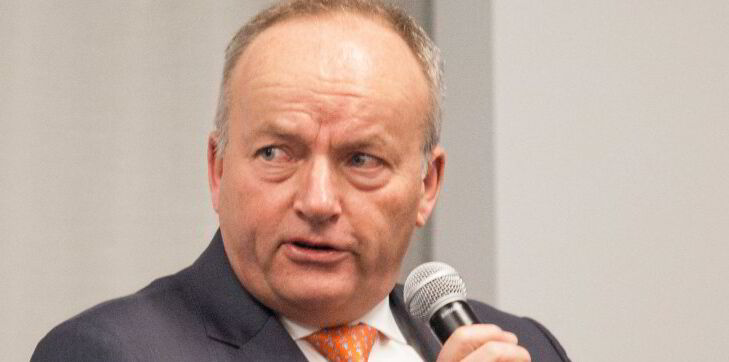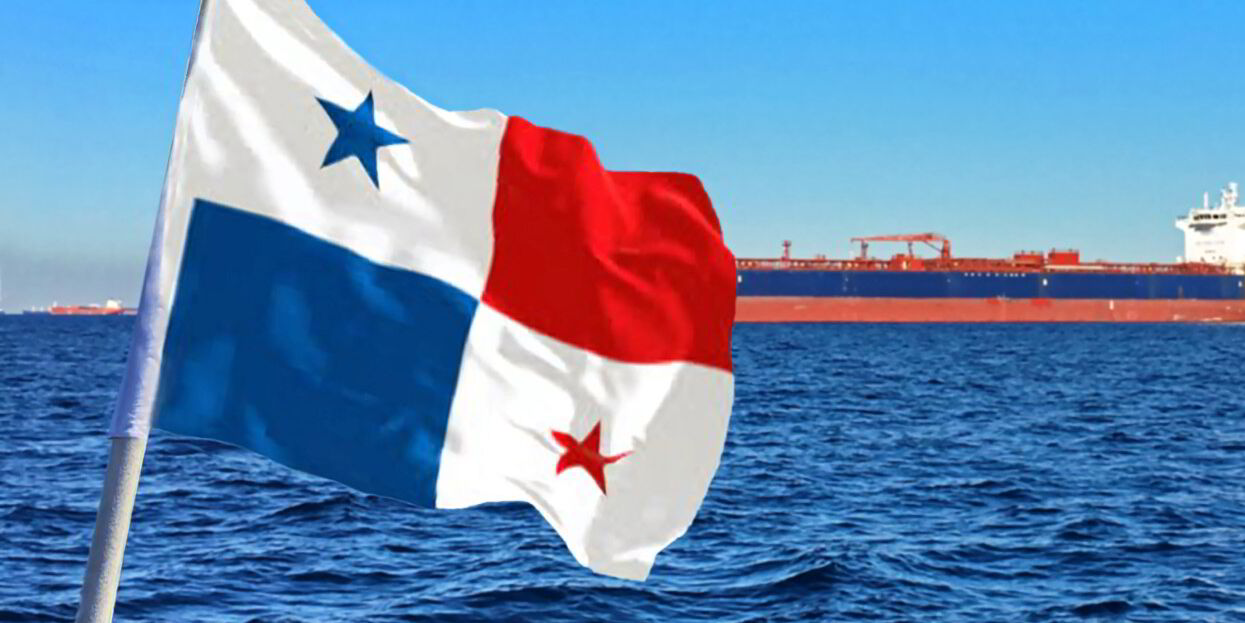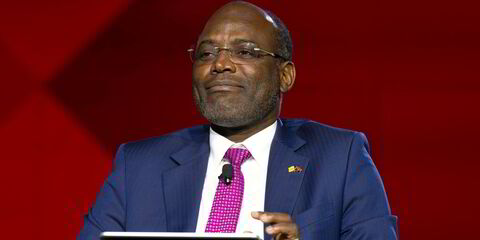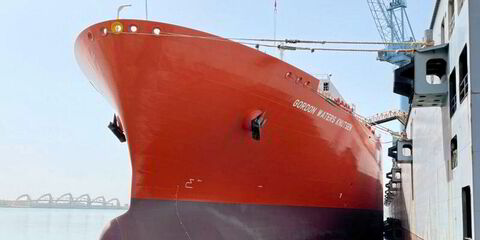Oslo-listed Himalaya Shipping has reported another profitable quarter, but its monthly dividend has slumped.
The newcastlemax shipowner, which counts Tor Olav Troim as its backer and major shareholder, declared a monthly dividend of $0.04 per share for October.
This followed a 10-cent payout in September.
Himalaya booked net profit of $10.7m for the third quarter, compared to a $2m loss in the same period last year, before its fleet was fully operational.
Earnings per share was $0.24 in the third quarter, up from a $0.05 loss per share a year ago.
Himalaya also revealed it has spent $300,000 on 40% of the shares of 2020 Bulkers Management, which provides key management services to Himalaya.
It said it acquired the stake “to fully align the management functions with Himalaya Shipping”.
The $300,000 sale price was offset by $200,000 in rebates on the newbuildings and Himalaya paid the rest in cash.
2020 Bulkers Management — part of newcastlemax owner 2020 Bulkers, in which Troim was also a founding shareholder — oversaw technical management of Himalaya’s newbuildings.
Contracted CEO Herman Billung commented: “2024 started strong with the Baltic Capesize Index at $23,970 per day for the first 9 months.
“This is almost double the level from 2023 at $12,628 per day.
“Himalaya has had most of its fleet operating in this improving spot market, with 11 of 12 ships currently on index-related charters.”
Fleet earnings
Himalaya’s fleet of 12 dual-fuel LNG newcastlemaxes earn a 42% premium on average to the Baltic Capesize Index when trading in the spot market.
The ships earned $2,200 per day more than they did in the second quarter.
The fleet earned gross time-charter equivalent earnings of $36,800 per day on average during the third quarter, including average daily scrubber and LNG benefits of about $1,800 per day.
Himalaya’s total operating revenues during the third quarter were $39.2m, up from $10.2m in the same period of 2023.
All but one of Himalaya’s newcastlemaxes are fixed on index-linked contracts.
The 208,000-dwt Mount Norefjell (built 2023) is currently earning a fixed rate of $30,000 per day on its current contract, which expires early next year. Himalaya has not yet fixed further employment for the ship.
Billung said: “In the most recent weeks, the market has experienced a counter-seasonal setback.
“This was driven by a lower panamax sentiment attacking traditional capesize coal trades, and a fiscal stimulus package from China that disappointed some market watchers.
“However, with limited supply of large bulk carriers entering the marketplace in the coming years and an ageing fleet, we expect utilisation and rates to improve going forward.”
Tonne-mile demand rose by 5.4% in the first nine months of 2024 compared with the same period last year, Billung said.
“We expect this to continue, driven by more iron ore production in the Atlantic Basin, with 120m tonnes of new production capacity coming in Guinea and 50m tonnes in Brazil,” he said.
Himalaya has a $10m revolving credit facility provided by Troim’s investment firm Drew Holdings.
The timeframe of the revolver was extended during the third quarter, enabling drawdowns to be made up to the end of 2025 and repayments to be made up to the end of 2026.
Billung is set to retire next year and will be succeeded by Lars-Christian Svensen, who will also be CEO of Troim-backed newcastlemax owner 2020 Bulkers.
He will join both companies as chief commercial officer on 1 September.
Analyst reaction
Himalaya’s $10.7m adjusted net income came in 20% below the consensus estimate for the third quarter.
DNB Bank thinks that analysts continue to be a little more optimistic about Himalaya’s next round of quarterly results than what is indicated by freight forward agreement (FFAs) market currently.
“Consensus expectations for Q4 remain elevated compared to the October results and FFAs, leaving downside risk to estimates ahead,” wrote the bank’s shipping equities team, which is led by Jorgen Lian.
“Hence we believe the shares should trade down 1-3% in a flat market.”
Himalaya’s shares were trading at NOK 77.80 mid-morning in Oslo, up by 1.8% since the market opened.






